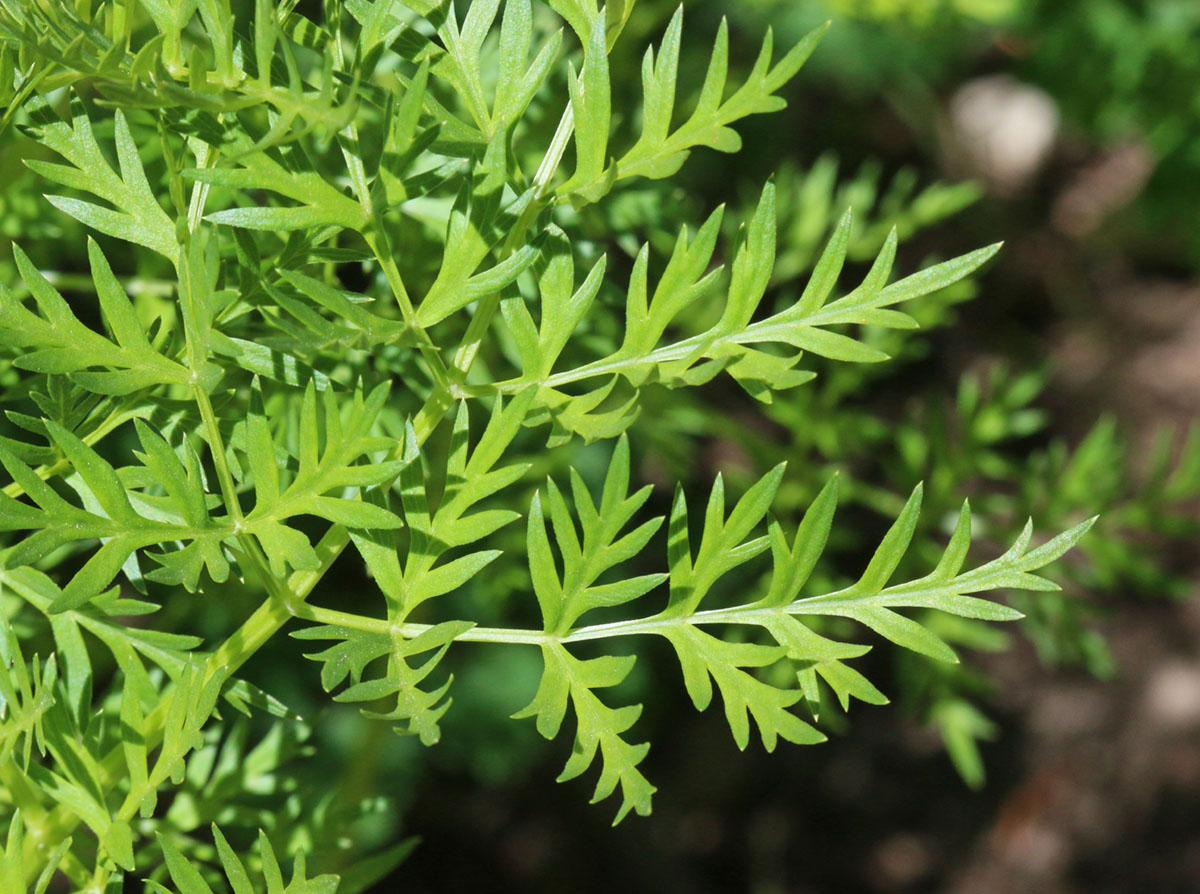
Natural Substitutes – General Facts
The natural substitutes for the substance in question represent those compounds that can be located in particular food and herbs. These have the ability to decrease the histamine secretion, and in the same way also reduce the allergen sensitivity, ameliorate the manifestations occurring due to a particular allergy, and help keep the condition in question under control for a longer period of time.
Antihistamine – Info and Background
The above mentioned belongs to a category of medications that are primarily employed in the treatment of particular allergies. Their mechanism is based on inhibition of histamine release and action. Quite the opposite, histamine is a chemical that is secreted by our immune system in the moments when our body is affected by an allergy. More specifically, this chemical is the one responsible for producing the proper response to the occurring and spreading inflammation once bacteria or viruses get inside our body.
The antihistamines are primarily employed for the treatment and melioration of such manifestations as hives, skin rash and hindered breathing. The way they do it is by providing a counteracting response to the histamine related effects. But one downfall is that antihistamines are famous for their unpleasant side effects such as blurred vision, giddiness, dryness of the nose and the mouth, drowsiness and loss of balance, stomach problems and headaches, among other things. Another minus side is the fact that, aside from being fairly effective in alleviating the allergy manifestations, their effect is rather too short term, whereas the natural substitutes are far more effective. Namely, they do not only have the immense potential to alleviate the occurring symptoms, but are also able to decrease the future allergy recurrences by making our immune system stronger and more enduring.
Antihistamine Based Nutrients
Among those discovered to abound in antihistamine properties are such as the vitamin C, magnesium (citrate), calcium, bromelain, pycnogenol, selenium, L-histadine, vitamin A and carotenoids. When it comes to antioxidant properties, vitamin C is known to be one of the best. It is extremely effective in warding off the free radicals, boosting our immune system and alleviating the manifestations of the allergy in question. Another in line of benefits is its potential to diminish allergen sensitivity. All these properties and potentials make it one of the most favorable natural antihistamines. The best sources are citrus fruits, strawberries, Brussels sprouts, red cabbage, broccoli, capsicum, pineapple, guava and cauliflower. Aside form the already mentioned nutrients and vitamins, substance that is found to be extremely helpful and effective in treating allergies is an enzyme most commonly found in pineapple, i.e. the bromelain (anti inflammatory features). As far as herbs are concerned, the most antihistamine rich and beneficial are green tea (contains catechins and quercitin), licorice root, stinging nettle, butterbur, chamomile, ginger, thyme, basil, spirulina, fennel, Gingko Biloba, garlic, etc.




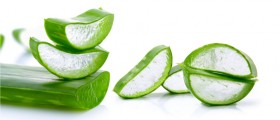



-Does-It-Help-Treat-Allergic-Rhinitis_f_280x120.jpg)
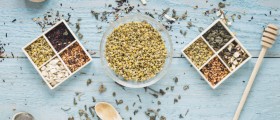
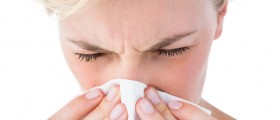



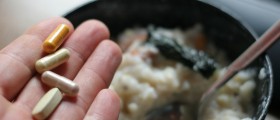


Your thoughts on this
Loading...